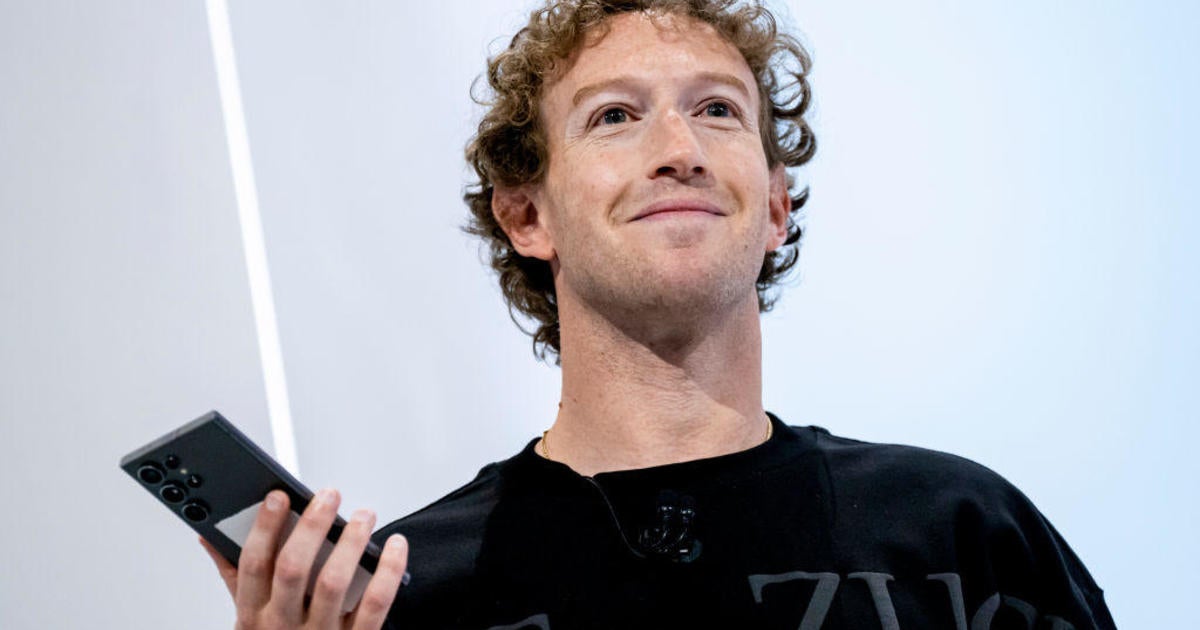
Mark Zuckerberg says ending fact-checks will curb censorship. Fact-checkers say he’s wrong.

Meta’s fact-checking partners are rebutting Mark Zuckerberg’s suggestion on Tuesday that their work is tantamount to censorship.
In announcing the social media giant’s decision to end fact-checking in the U.S. on Facebook, Instagram and other Meta platforms, Zuckerberg said the move would “dramatically reduce the amount of censorship on our platforms.” In a Facebook post explaining the company’s shift to a community-driven moderation approach, Meta Chief Global Affairs Officer Joel Kaplan also said that “Too much harmless content gets censored, too many people find themselves wrongly locked up in ‘Facebook jail’.”
But those running the nonpartisan entities behind Meta’s third-party fact-checking efforts said they had nothing to do with whether a post was removed from a platform, noting that the company was the final arbiter of what content it published.
“Facts are not censorship. Fact-checkers never censored anything,” Neil Brown, president of the Poynter Institute for Media Studies, a nonprofit devoted to media literacy, said in a statement. Poynter’s PolitiFact is among the entities that had teamed with Meta on fact-checking.
How Meta’s new community notes program might work as fact-checking ends for Facebook, Instagram
03:54
Meta’s official fact-check program launched in 2016 with a number of third-party partners.vFact-checked posts were labeled and then demoted, reducing their distribution. But the posts weren’t removed outright, according to Meta. What does get removed are severe content violations like posts supporting terrorism or promoting child sexual exploitation.
The sheer volume of content across Facebook, Instagram and other Meta apps means that most posts were not fact-checked. Further, fact checks were not allowed on politicians’ posts.
Fact-checked posts were labeled and then were demoted, reducing their distribution. Fact-checked posts were not removed outright. What does get removed are severe content violations like terrorism or child sexual exploitation.
“To my knowledge they didn’t take anything down just because it was false — their takedowns were only with false information that could cause harm,” Angie Holan, director of the International Fact-Checking Network, which also works with Meta, told CBS News. “My goal is for an internet where people can go on and find information that’s accurate and reliable and this is a step back, there’s no other way to put it.”
“Fact-checking journalism has never censored or removed posts; it’s added information and context to controversial claims, and it’s debunked hoax content and conspiracy theories,” Holan added in a statement posted on social media.
“Nothing to do with free speech”
Among Meta’s fact-check partners, Poynter’s PolitiFact said it offered independent reviews and disclosed its sources, while Meta set the rules about what content was removed.
“This decision has nothing to do with free speech or censorship,” Aaron Sharockman, executive director of PolitiFact and Poynter’s vice president for sales and strategic partnerships, posted on social media.
“The decision to remove or penalize a post or account is made by Meta and Facebook, not fact checkers. They created the rules,” he added.
Lori Robertson, director of the nonpartisan website FactCheck.org, which also partnered with Meta, also refuted Zuckerberg’s notion that fact-checking contributed to a suppression of opinion.
“Our work isn’t about censorship. We provide accurate information to help social media users as they navigate their news feeds. We did not, and could not, remove content. Any decisions to do that were Meta’s,” she said.
Another fact-checking outfit that works with Meta also questioned if shifting to a “Community Notes” model in which the technology giant relies on social media users to monitor posts, similar to the approach in use at Elon Musk’s X platform (formerly known as Twitter), will reduce bias and improve the quality of content.
“In our experience and that of others, Community Notes on X are often slow to appear, sometimes downright inaccurate and unlikely to appear on controversial posts because of an inability to reach agreement or consensus among users,” Maarten Schenk, co-founder and chief operating officer at Lead Stories, said in a post Tuesday on the fact-checking site. “Ultimately, the truth doesn’t care about consensus or agreement: the shape of the Earth stays the same even if social media users can’t agree on it.”
CBS News has a dedicated editorial team, CBS News Confirmed, that fact-checks claims, exposes misinformation and provides critical context. You can follow CBS News Confirmed on Instagram and TikTok.
Kate Gibson
Source: cbsnews.com